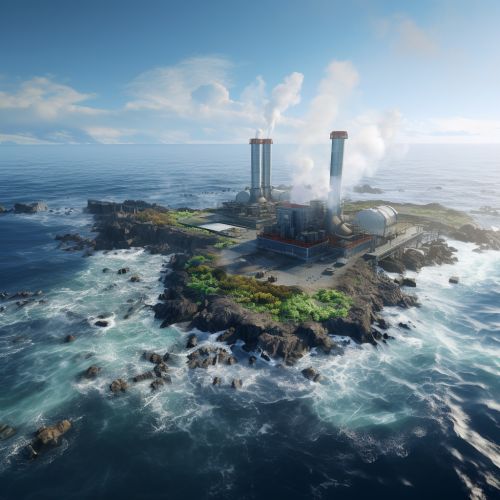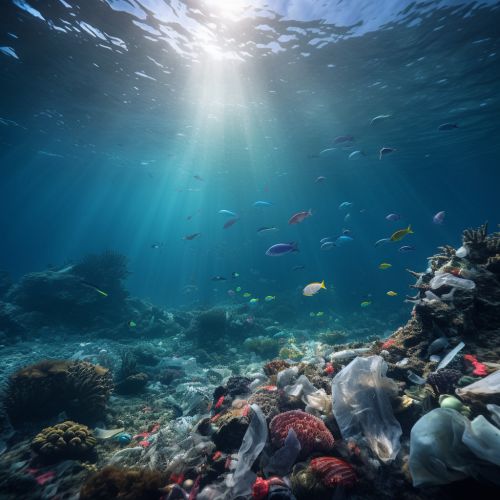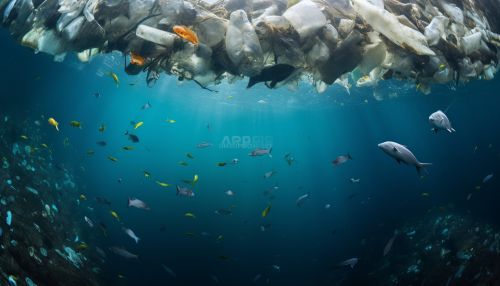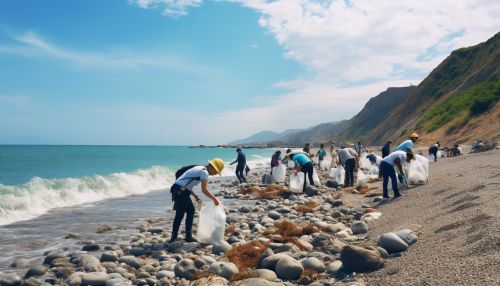Ocean Pollution
Introduction
Ocean pollution, also known as marine pollution, is the introduction of harmful materials into the ocean. These materials, predominantly plastics and other non-degradable pollutants, are causing serious harm to our ocean and the millions of species that live there. This article will delve into the causes, effects, and potential solutions to ocean pollution, providing a comprehensive understanding of this pressing environmental issue.
Causes of Ocean Pollution
Pollution in the ocean is primarily caused by human activities on land. The main sources of ocean pollution include:
- Industrial Waste: Many industries directly dump their waste materials into the ocean. This waste often contains harmful substances such as mercury, asbestos, and radioactive waste.


- Sewage and Wastewater: Untreated or partially treated sewage is often released into the ocean, leading to the spread of harmful bacteria and viruses.
- Oil Spills: Oil spills from tankers and offshore drilling rigs can cause massive damage to marine life.
- Plastic Waste: Plastics are the most common element found in the ocean. They are non-degradable and can remain in the environment for centuries.
Effects of Ocean Pollution
The effects of ocean pollution are far-reaching and impact not just marine life, but also the broader ecosystem and human health.
- Impact on Marine Life: Pollution in the ocean can harm marine life in several ways. Animals can become entangled in larger pieces of plastic, or they can ingest smaller particles of plastic that have broken down over time.


- Ecosystem Disruption: Pollution can disrupt the balance of the marine ecosystem. For example, oil spills can smother marine animals and plants, disrupting the food chain and causing massive death of wildlife.
- Human Health Risks: Humans can also be affected by ocean pollution. Eating seafood contaminated with toxins from pollution can lead to serious health issues, including food poisoning and potentially long-term health effects such as cancer.
Solutions to Ocean Pollution
Addressing the issue of ocean pollution requires a multi-faceted approach. Some potential solutions include:
- Reducing Plastic Use: One of the most effective ways to reduce ocean pollution is to decrease our reliance on single-use plastics.
- Improving Waste Management: Better waste management practices can help prevent waste from entering the ocean in the first place.
- Cleaning Up the Ocean: Efforts to physically clean up the ocean can also help to remove existing pollution. This includes initiatives like beach clean-ups and the use of technologies to remove plastic from the ocean.


- Legislation and Regulation: Governments can play a key role in combating ocean pollution by implementing and enforcing laws to regulate pollution and protect marine environments.
